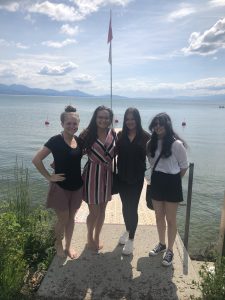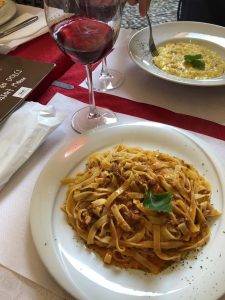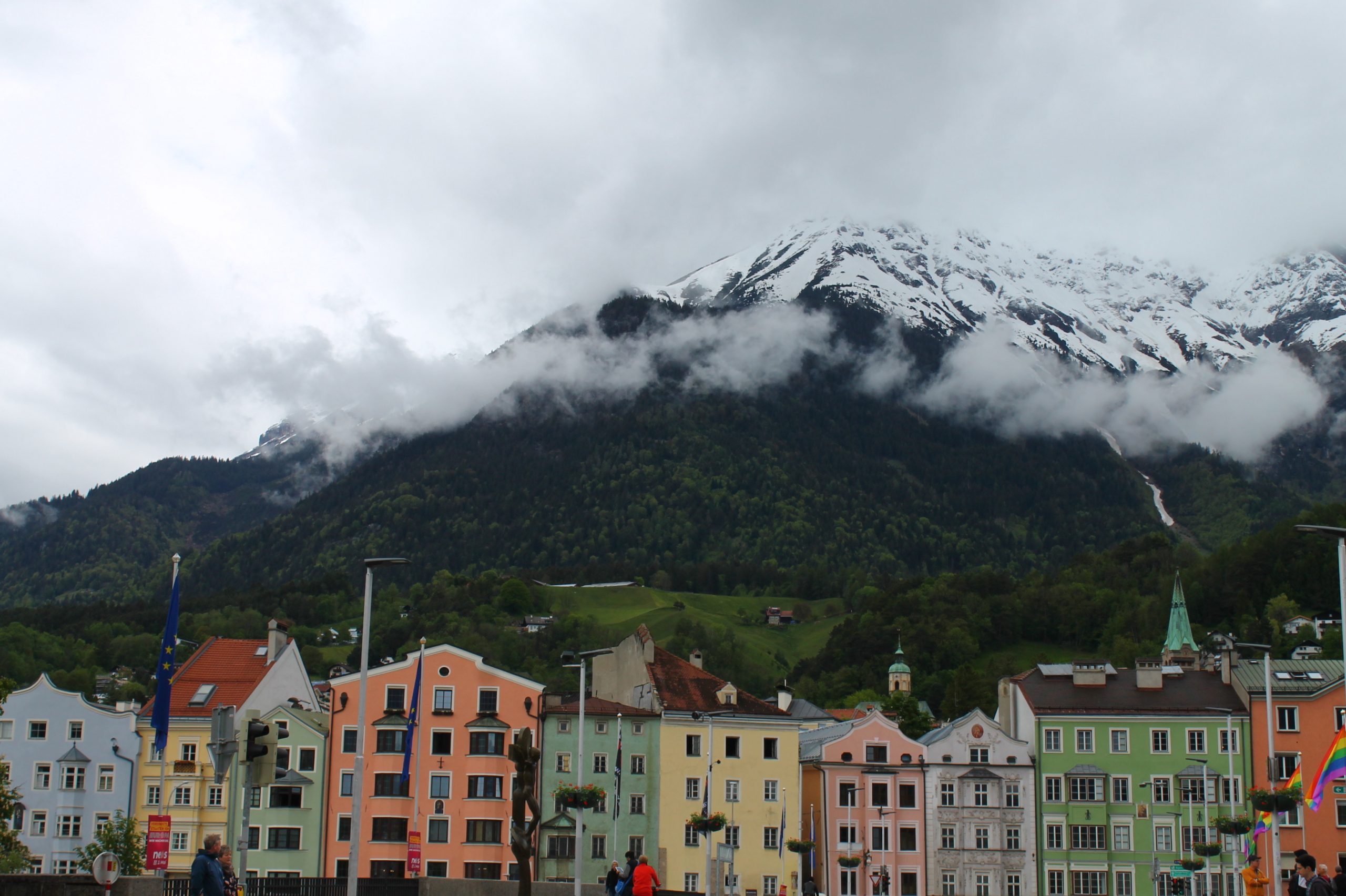Tips on how to save money by living like a local
Traveling can be very expensive especially when you stray far from your normal routine. Traveling sparks indulgent tendencies that provide heightened experiences, which can make a trip more memorable. Since overspending on vacations is somewhat expected and easy to do, it is very important to know your spending limit, so the trip doesn’t leave you with a sense of “buyers’ remorse”. This blog will hopefully establish ways to save money and have a memorable trip.
Knowing the country
 It is important to know certain aspects of the country; as far as, local living costs, product consumption cost, and average income. These will provide you with a basic idea of how the country you are traveling to compares to your own. Doing this basic research will help you strategically budget. It is also important to budget for all the places you are traveling to since there will be different costs. In most European countries it is fairly unison since there are many destinations within the Eurozone. During my travels with IBS, the Euro was relatively 1 to 1 so I wasn’t spending much on exchanging money. I was also able to use my debit card in most places except for smaller restaurants (they prefer cash). My debit card company has an international travel rate that is very low, so I was not spending extra for fees. I would suggest checking with your card companies on their international policies and always notify them before you travel to every country you are planning to visit.
It is important to know certain aspects of the country; as far as, local living costs, product consumption cost, and average income. These will provide you with a basic idea of how the country you are traveling to compares to your own. Doing this basic research will help you strategically budget. It is also important to budget for all the places you are traveling to since there will be different costs. In most European countries it is fairly unison since there are many destinations within the Eurozone. During my travels with IBS, the Euro was relatively 1 to 1 so I wasn’t spending much on exchanging money. I was also able to use my debit card in most places except for smaller restaurants (they prefer cash). My debit card company has an international travel rate that is very low, so I was not spending extra for fees. I would suggest checking with your card companies on their international policies and always notify them before you travel to every country you are planning to visit.
Currency
When traveling to different countries it is important to know what currency is used and the exchange rates you will be dealing with. Since currency rates a basically always changing it is wise to start looking at them a couple of weeks before you depart so you can determine how rates are fluctuating. Also, if you have a direct flight to a destination, I suggest carrying enough cash for a taxi or train ticket in case you do not have electronic funds immediately available.
When I departed for Germany my flight arrived later than the other students due to my booking. I was therefore responsible for arranging my own transportation to the hotel so prior to arriving, I looked up the cost of a train ticket from the airport to the hotel so I knew how much cash I would need. I exchanged twenty Euros worth of cash before arriving in Germany and successfully bought my ticket and arrived at the hotel.
Food expenses
 Some of my favorite ways to experience a new place is through the cuisine, especially international cuisine. While the most convenient way to discover new foods is going out to restaurants, it is not very cost-effective. And this is where most people end up spending the bulk of their money. I found the best way to get good food that won’t use up your budget is to take examples from locals. In Europe, there are many fresh markets that are favored by the locals and are popular for premade lunches and snacks that are very high quality and showcase the local cuisine. I frequented these places often and realized I was able to get the same meals for half the cost than at a restaurant. This is probably one of the best ways to save money on food expenses.
Some of my favorite ways to experience a new place is through the cuisine, especially international cuisine. While the most convenient way to discover new foods is going out to restaurants, it is not very cost-effective. And this is where most people end up spending the bulk of their money. I found the best way to get good food that won’t use up your budget is to take examples from locals. In Europe, there are many fresh markets that are favored by the locals and are popular for premade lunches and snacks that are very high quality and showcase the local cuisine. I frequented these places often and realized I was able to get the same meals for half the cost than at a restaurant. This is probably one of the best ways to save money on food expenses.
Alcohol
Similarly, alcohol is usually pricier at restaurants than at a market so buying alcohol at these establishments will also allow you to save money. Many students who travel abroad have an interest in the drinking culture especially when in a group, so limiting the amount of alcohol you buy at a bar or restaurant and instead, buying it at the market is a smart way to save.
Where to go
 How much you spend also depends on the places you go, a basic rule of thumb is what touristy places will offer have an upcharge and be of less quality. Also, the experience you get at tourist populated spots often doesn’t reflect the true culture and the service might not be as good so overall you will get less value for the money spent. It is my recommendation to go to the touristy areas with no intention of spending money unless it’s on souvenirs, activities, or to site see. After you go to these areas I would suggest heading away from the masses of people and find small side streets for shopping, dining or drinking as these places will show a deeper culture and be less expensive.
How much you spend also depends on the places you go, a basic rule of thumb is what touristy places will offer have an upcharge and be of less quality. Also, the experience you get at tourist populated spots often doesn’t reflect the true culture and the service might not be as good so overall you will get less value for the money spent. It is my recommendation to go to the touristy areas with no intention of spending money unless it’s on souvenirs, activities, or to site see. After you go to these areas I would suggest heading away from the masses of people and find small side streets for shopping, dining or drinking as these places will show a deeper culture and be less expensive.
All these tips have proven to help me save money every time I’ve been abroad and have allowed me to see the culture from a local’s perspective.
Hopefully, this information will help you have a great experience abroad!

